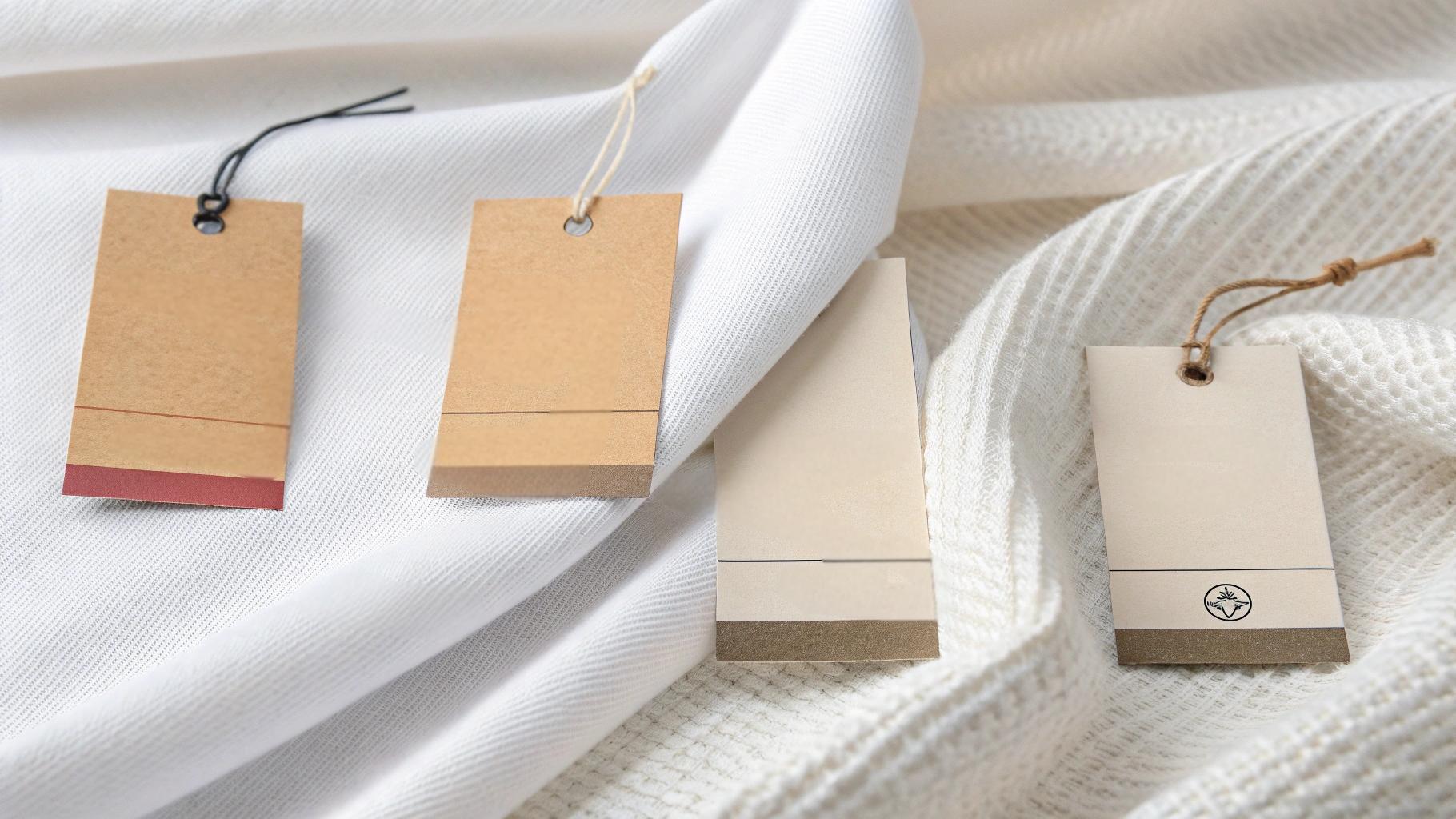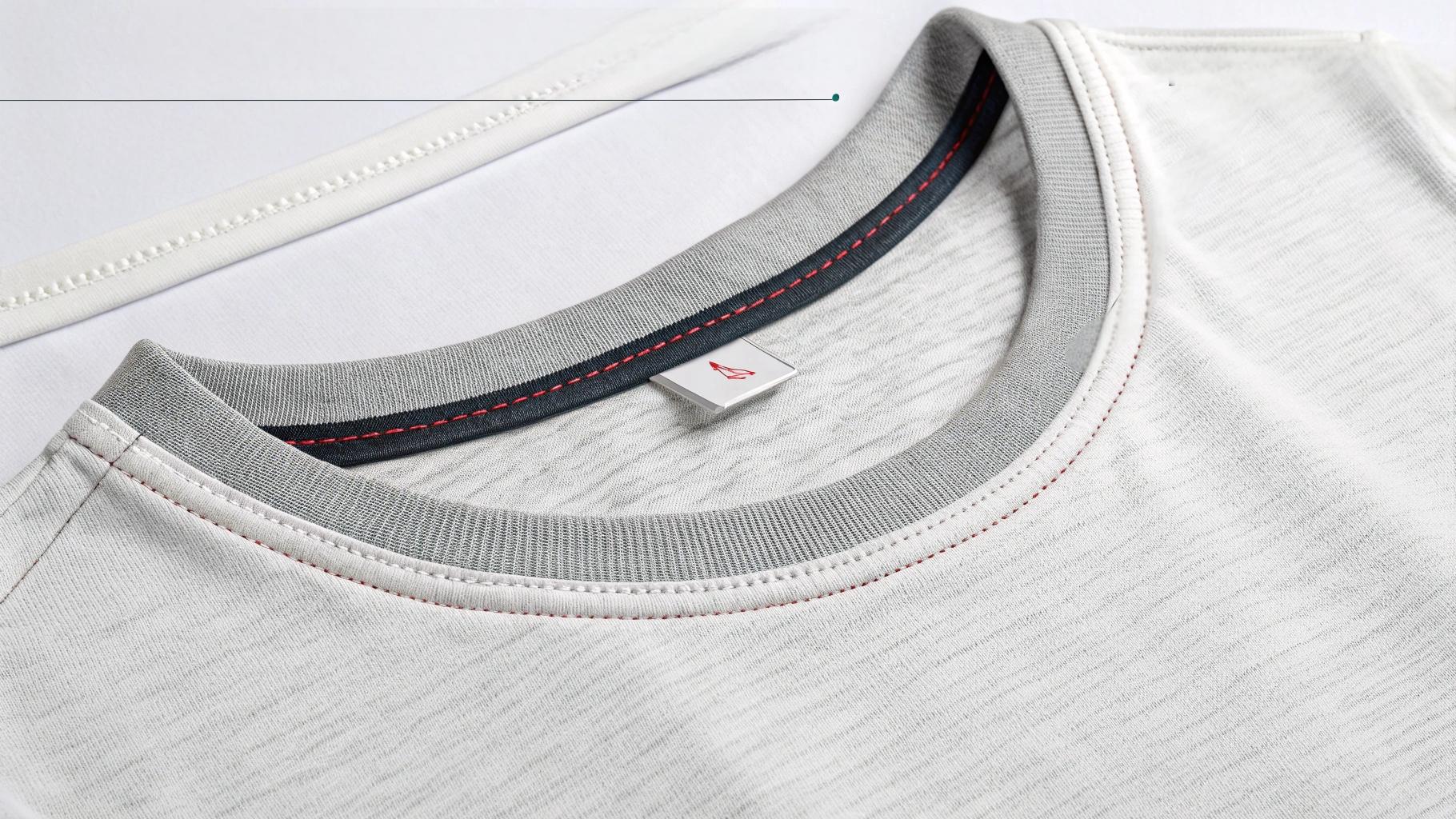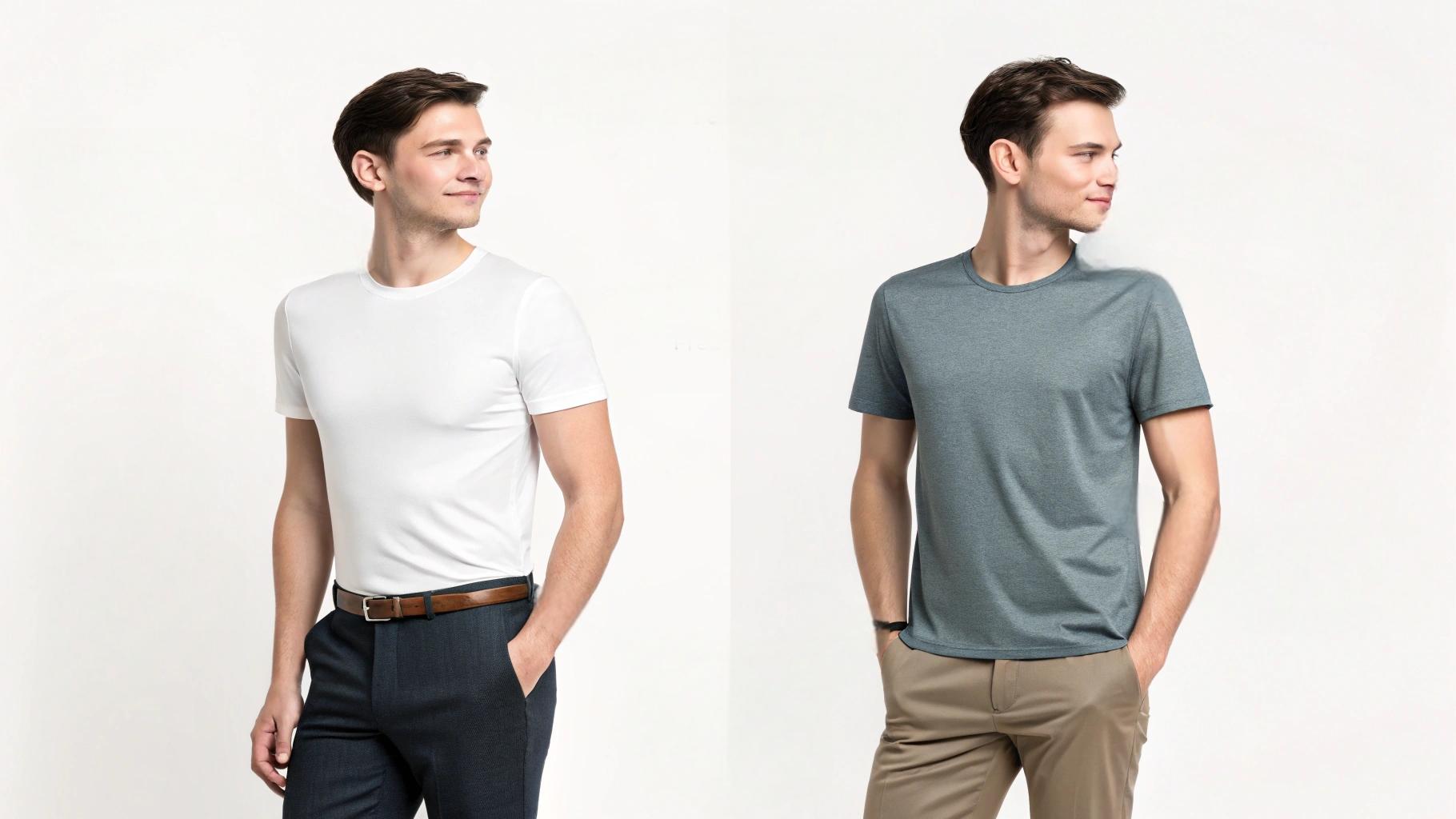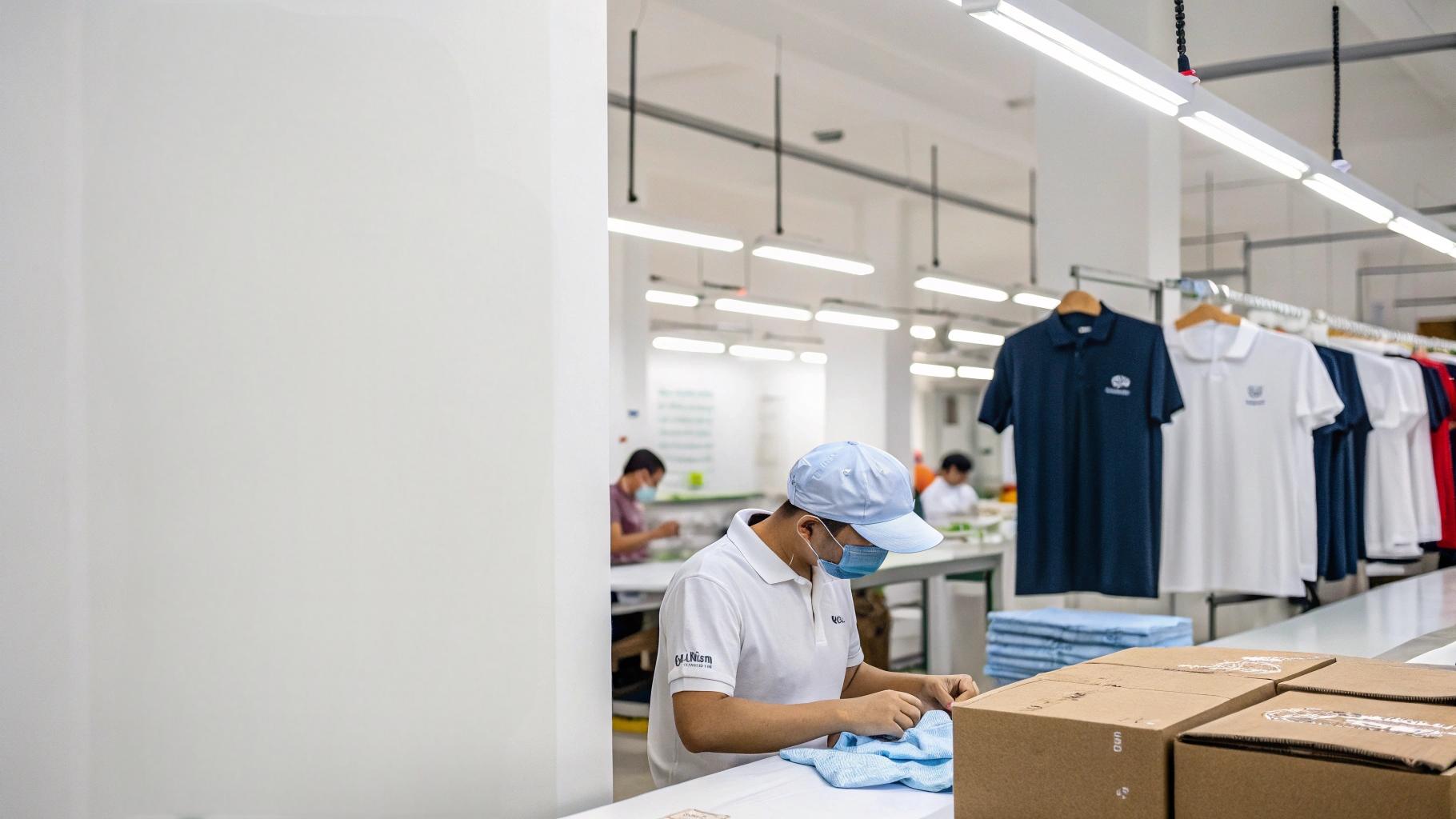Table of Contents
- What fabrics are used in premium T-shirts?
- What makes the construction of a T-shirt premium?
- How does fit influence T-shirt quality?
- How can brands create premium T-shirts?
---
What fabrics are used in premium T-shirts?
Combed and Ring-Spun Cotton
High-end T-shirts frequently employ combed and ring-spun cotton, which eliminates impurities and shorter fibers, leading to a smoother and softer feel.
Supima and Organic Cotton
Supima® cotton is a long-staple American-grown fiber known for its strength and softness. Organic cotton adds sustainability to luxury.
Specialty Blends
Blends with bamboo, modal, or TENCEL™ improve drape, sheen, and breathability—hallmarks of luxury tees.
| Fabric Type | Feel | Durability |
|---|---|---|
| Combed Cotton | Smooth, Soft | High |
| Supima Cotton | Silky, Lightweight | Very High |
| Modal Blend | Silky, Drape | Moderate |
At Bless Denim, we offer fabric sourcing for premium cotton, bamboo blends, and eco-friendly options for brands pursuing luxury.

---
What makes the construction of a T-shirt premium?
Stitching and Seams
Double-needle hems, taped shoulders, and neat seam finishes signify a premium product. Loose threads or inconsistent stitching indicate subpar craftsmanship.
Collar and Ribbing
Premium tees use reinforced collars with Lycra or spandex blend ribbing to prevent stretching and maintain shape.
Weight and GSM
Premium T-shirts often weigh 180–220 GSM (grams per square meter). This offers structure without being stiff.
| Construction Element | Premium Detail | Low-Quality Comparison |
|---|---|---|
| Stitching | Double-needle, reinforced | Loose, single line |
| GSM | 180–220 GSM | Below 150 GSM |
| Neckline | Ribbed with recovery | Flat, loose fit |

---
How does fit influence T-shirt quality?
Tailored Silhouettes
High-quality T-shirts feature either slim or boxy cuts with intentional design. The sleeve angles, body lengths, and shoulder alignments are meticulously crafted for structure and mobility.
Consistency in Sizing
Premium brands ensure size grading is consistent across collections. Cheap tees may vary in dimensions despite sharing the same tag.
Drape and Recovery
The way a shirt hangs and returns to shape after wear or wash is a key indicator of quality. High-quality fabric and pattern alignment contribute to this.
| Fit Attribute | Premium | Mass-Market |
|---|---|---|
| Sleeve Cut | Angled, Defined | Flat, Loose |
| Shoulder Fit | Aligned to Body | Dropped or Crooked |
| Drape | Flowing, Structured | Baggy or Stiff |

---
How can brands create premium T-shirts?
Private Label Production
Working with factories that offer custom labeling, trims, and packaging allows new brands to match luxury benchmarks.
Small Batch Quality Control
Rather than mass production, premium T-shirt brands concentrate on meticulous details: measuring each piece, refining finishes, and handling fabrics individually or by batch.
Sustainable Materials and Ethics
Premium today also means responsible. Brands using GOTS-certified cotton, fair wages, and recycled materials are perceived as luxury[2].
| Premium Brand Strategy | Why It Matters | Support at Bless |
|---|---|---|
| Low MOQ Custom Orders | Flexibility for Startups | ✔ |
| Sustainable Fabrics | Modern Luxury Standard | ✔ |
| Private Label Services | Elevates Perceived Value | ✔ |

---
Conclusion
A premium T-shirt goes beyond being just a standard item—it’s the outcome of superior materials, expert construction, and thoughtful design. It feels better, fits better, and has a longer lifespan.
If you’re a brand or designer looking to create your own line of premium tees, Bless Denim offers complete custom solutions—from high-end fabric sourcing to no-MOQ private label manufacturing. Get in touch today to bring your luxury T-shirt vision to life.
---
References
Post time: May-28-2025








